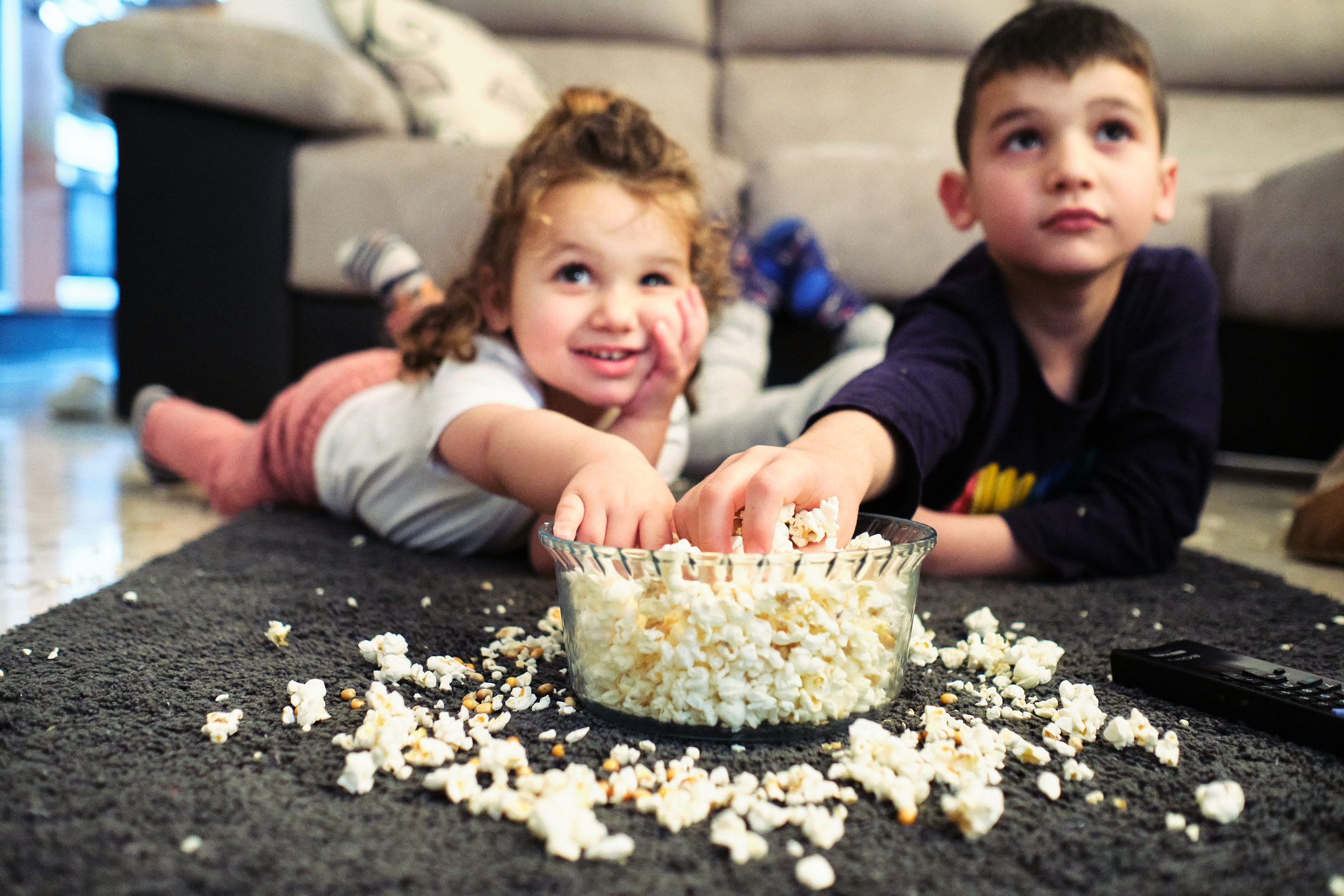Parenting Tips
Understand Feelings of Others
- Help children name feelings
- Identify feelings they see in others
- When reading together, ask your child how they think the characters feel
- Play “feelings charades”- take turns making facial expressions and naming the emotions
- Read book about friendship and talk about what makes a good friend.
Learn To Share
- Use a timer so everyone gets to play with a favorite toy
- Put away items your child doesn’t want to share during a playdate, like a special stuffed animal
- Lead by example; let your child see you share
- Celebrate success - when you see your child sharing, let them know what a great job they did
- Play games that encourage turn taking like throwing a ball or a board game
Express Feelings
- Praise your child for identifying emotions
- Stay calm and show your child empathy when strong emotions arise
- Teach problem-solving to manage emotions
- Blow some bubbles for “calm breathing” when your child is anxious or upset
- Reflect and say back what you hear your child say- “I understand you’re mad it’s time to leave."
Establish Routines
- Make routines consistent and predictable
- Teach your child how to be flexible - sometimes there may be unexpected interruptions in their routine
- Have a bedtime ritual
- Make a meal together part of your routine, a great way to spend time together at the start or end of your busy day
- Create a weekly chose list for the whole family
Get Along
- Create opportunities to play with other children
- Let children try to resolve problems on their own
- Teach your child how to trade
- Do a puzzle! A fun way to practice working together and taking turns
- Model good manners; use “please” and “thank you.”
Show You Care
- Tell them you love them
- Let them help you, even if it takes longer
- Spend time together
- Give your child the gift of your full attention - read a bedtime story every night
- Tell your child one thing you love about them everyday
Build Relationships
- Make time every day to play with your child
- Respect your child’s feelings
- Schedule playdates with other children
- Read books about friendship and talk about what makes a good friend
- Let your child teach you about what interests them
Children’s Behavior Means Something
- Make expectations clear and consistent
- Think when, where and with whom the behaviors occur
- Respond to the need not the behavior
- Practice the art of distraction: songs, music, bubbles and movement can make transition times easier
- Model ways to calm down form big emotions like taking three deep breaths
Resource Library & Blog
Find more information about child development, tools for providers, tips for parents, and read our blog.

Parenting Videos

Protective Factors Framework

Resilience: The Emotional Capital in Young People | Jay Baughan | TEDxHolyhead

